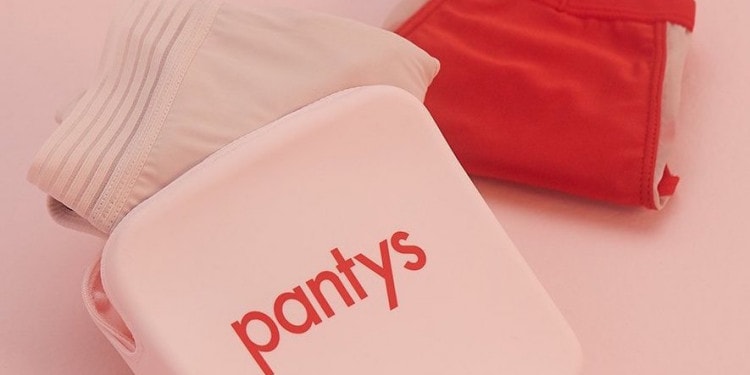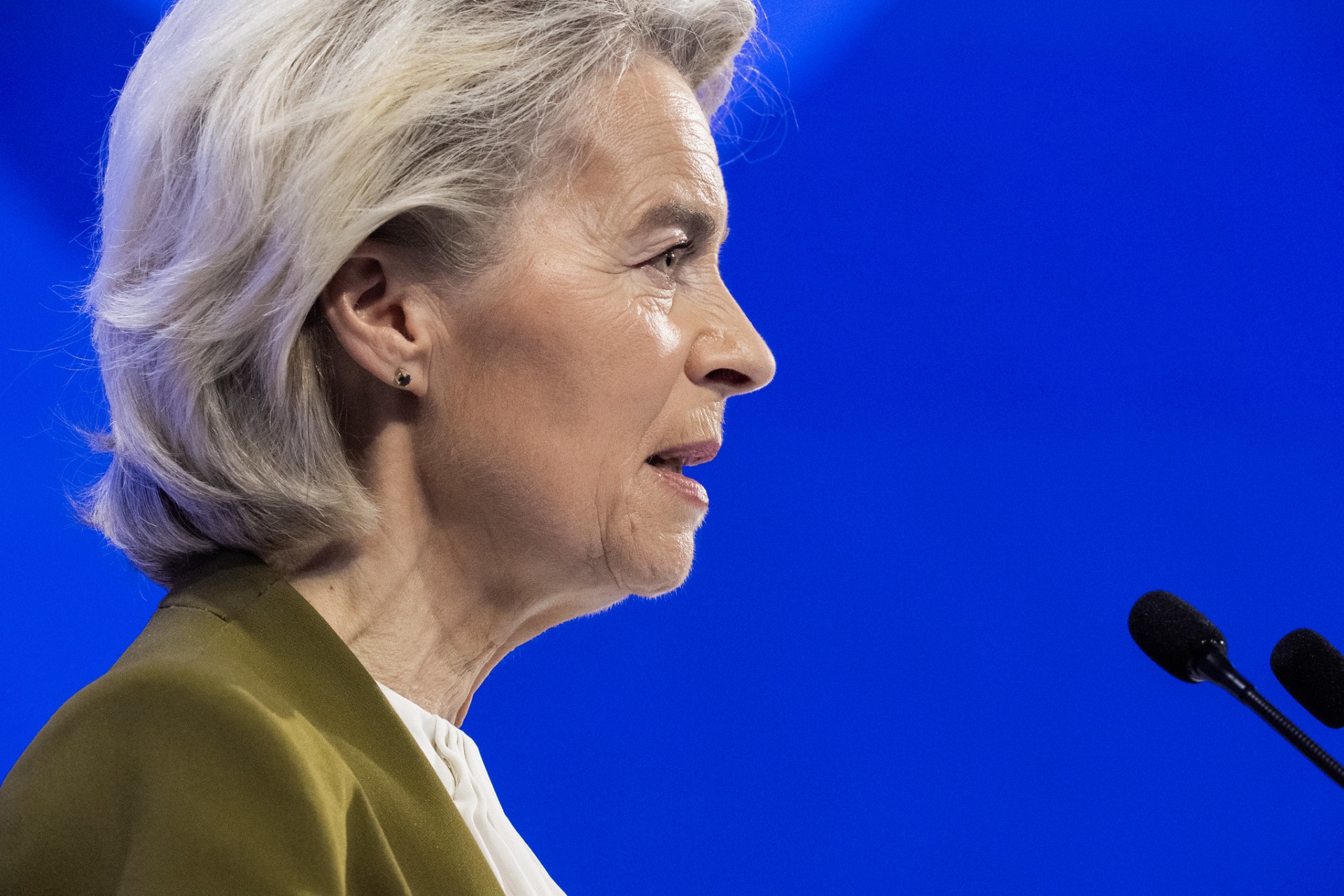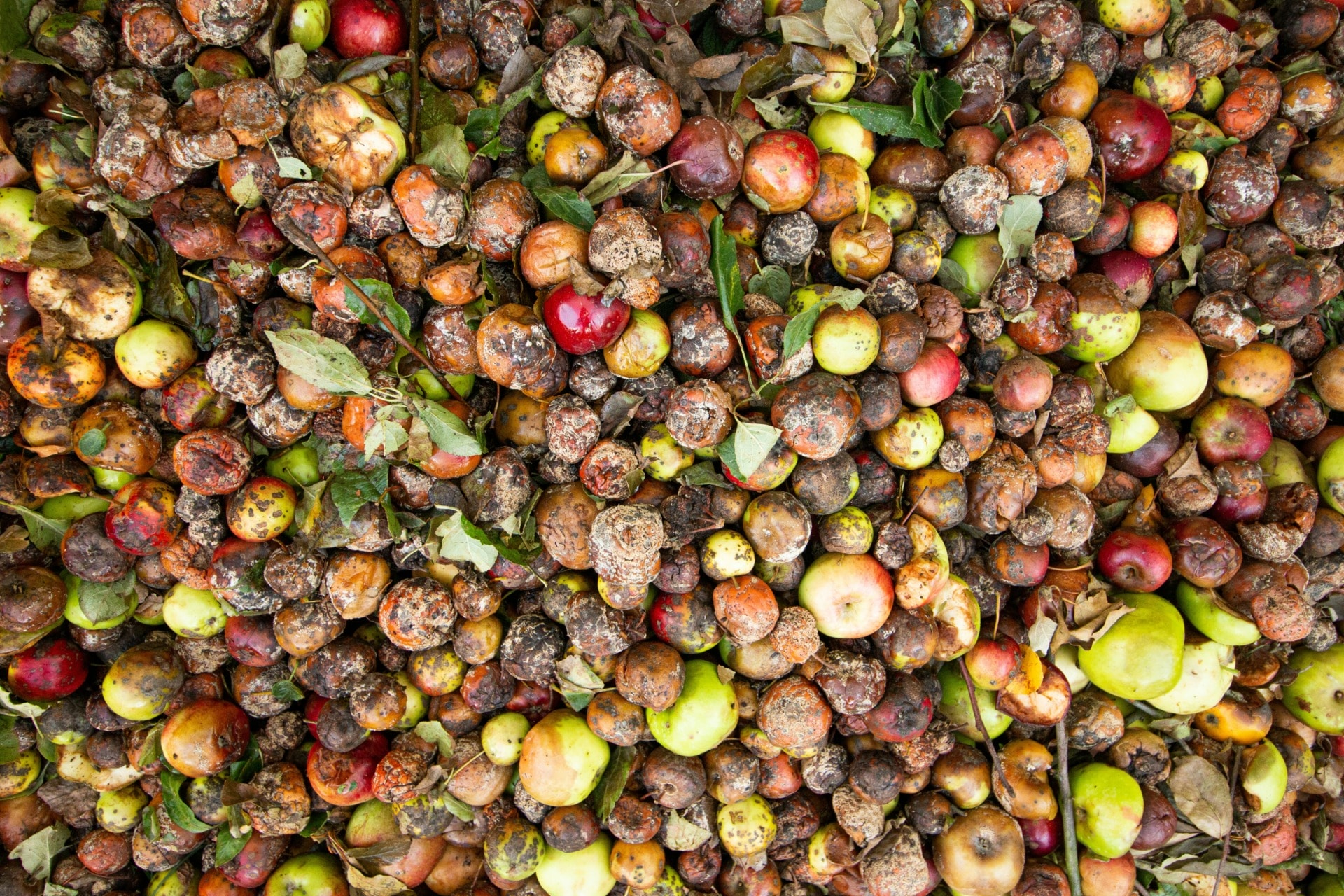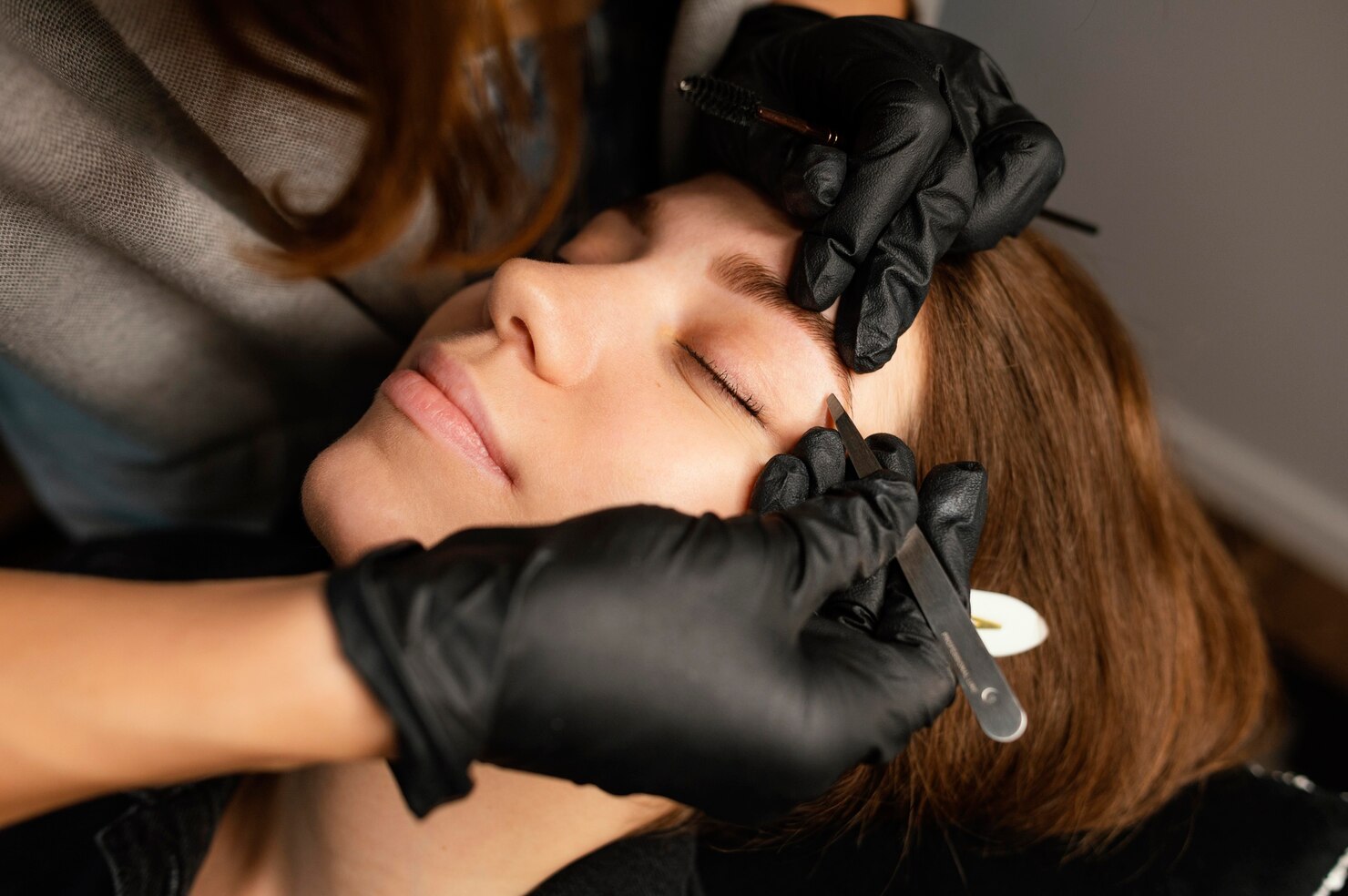Despite the world coming to a standstill, 2020 has been a year of innovation when it comes to sustainability and equality for brands. We have interviewed Emily S. Ewell, co-founder and CEO of Pantys, to find out how the Brazil-based menstrual underwear brand is reaching Sustainable Development Goals, contributing to the emancipation of women, the challenges and successes they have gone through as a female-led business, and how they are coping with the changes brought on by the pandemic.

Can you start by telling us a little bit about yourself and what you do and what Pantys is?
Emily: Of course! I’m Emily, one of the co-founders and CEO of Pantys. Pantys is the first menstrual underwear brand in Latin America. We launched in 2017 initially as a digitally-native brand, shortly after we opened our store in Oscar Freire. Now, we have a very original vision for the brand: we initially launched with menstrual underwear, but followed very quickly with product innovation.
I believe it is an advantage that we are based in Brazil because we are very close to our suppliers and manufacturers. Very soon we launched the first absorbent nursing bra in the world, then launched a line for menstruation, for sleeping, and launched a line last year with Sempre Livre.
We were the first menstrual underwear brand globally to partner with a large manufacturer of pads, a brand which you know, goes slightly against what we’re about as a company; they produce what we substitute in some ways. But at the same time it was very exciting to partner with them, to be a part of the evolution of the market – we believe that 10 years from now, the entire world in different areas will be using fewer single-use products.
Disposable products will very soon be replaced with reusables in a number of different industries. I think a great example of that is straws – in many states in Brazil and the US they are completely forbidden. It’s very possible that we could soon see something very similar to that in the menstrual space.
Personally, I am from Washington, DC originally, and have been in Brazil for the past 7 years. I was initially trained as a chemical engineer, but I have spent a lot of time working in strategy consulting, emerging markets, growth and innovation, as well as the healthcare space. I moved to Brazil from Switzerland, spent some time working and studying abroad, then I came here [Brazil] for a project and never left, I’m so very happy to have found a path here with Pantys.
That is incredible! Really glad you liked Brazil! How did you reach this revolutionary idea of reusable underwear for menstruation, were there any adaptations from your initial plan?
E: For sure. When we launched it was 2017 – we spent more than a year doing product development and then probably 6 months just focusing on the brand and communication. So really 2015 is when we started a lot of the work on the product side. We started to see some brands in other markets with similar products.
At the same time I was working for Venture Builder at Boston, which is an incubator for start-ups. I was very curious; looking for new ideas and products. I began to study a bit about the space and you see, in the food space – food is becoming functional-food. Meaning, it is no longer about how the food tastes, but how it benefits your body.
I think that the fashion industry is going into a very similar functional-fashion evolution. It is not just about how it looks, but what does it do for you? Does it have any sort of health benefit? For example, we started to study this space and when we looked at Brazil, 90% of the market in Brazil women use pads. That is a really high proportion of the market and it is the most wasteful, almost uncomfortable product.
We saw a huge opportunity to disrupt the market with a product that is more comfortable, more sustainable and cheaper over the time of use, than what was the standard in the market. The US is a very tampon-focused market, so it’s not that it is a harder sell, but it is a product that would be used more in combination with tampons. While here in Brazil, it is an entire substitute.
We did a number of tests, very experimental, we had to really look at raw materials and fabric treatments all the way to how it is constructed to get to a prototype that we really liked. Then we started testing on groups of women to get feedback, it took about 50 reiterations in total to get to the final product.
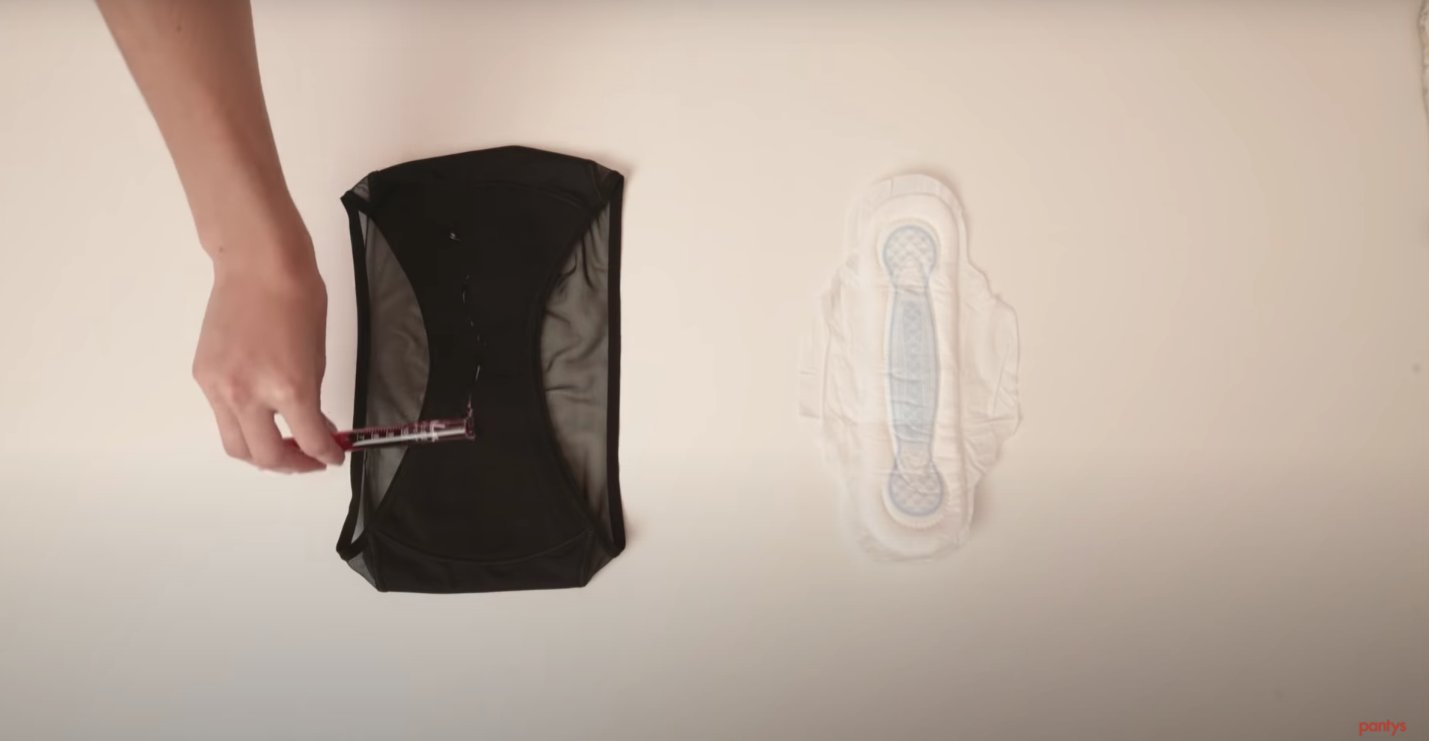
When we launched, I was very determined to be a directive-consumer brand online, and I think the biggest change we made is that we went from being solely online, to our new channel. That was a big, not necessarily a pivot for us, but we did it as a test: “Oh let’s open a pop-up for Christmas, for 2017”.
So, we opened a pop-up and what we saw in our mind was a market change. Women could actually come and touch the fabric and see “Oh, actually, it is not a diaper!” Some women think it will be really thick and uncomfortable and it is not. So, having a physical contact with the consumer helps a lot with that.
What we saw, specially in Brazil, is that 7% of commerce is online in Brazil. But Brazil is a huge market, it has a lot of opportunity for growth, we saw the power of traditional “varejo” (retail in Portuguese) – the idea that you can create a really emotional experience with the consumer, the community.
That channel for us was a really exciting change. That is probably one of the biggest changes, since we always had a vision of the portfolio expansion, and of partnering with other brands to help bring this technology to other women. But, in looking at how we can use different channels, that was a big change for us.

What are some of the UN sustainable development goals that Pantys is meeting with their practices?
E: We are part of the UN Global compact, a compact yet global company, to help support the 17 SDGs. When I used to work in the healthcare space, I used to do work with the UN, which focused on diabetes and chronic diseases. So, I was very excited with Pantys, because we look a little bit like a fashion company but we are actually a healthcare company. That is a very important difference, as above everything that we do, our mission is to innovate as well as bring products and services to women that help their health and the health of the planet.
I think that everything we do is really focused on those two pillars, of women’s health and the health of the planet. So I believe, of the UN SDGs, there are a lot of them that directly address us. So, when we look at the 17 goals – health and wellbeing: that is probably the strongest pillars for us.
We just recently announced, this weekend, that we are the first brand globally to have completed clinical studies and be clinically approved in the menstrual underwear space. Bringing our market to an even higher standard of health and safety, compared to other brands in the US or Europe. For us, this was really exciting.

Obviously, another pillar would be gender equality – it’s one that we think a lot about in Pantys. Even with our communication, I think when we launched we really focused on breaking the Taboo around menstruation, around women’s health.
There is a health disparity, even a financial disparity, on how women have to pay for health products and for feminine hygiene products; is that fair? How can we help with that? So, we do have a donation program that is consistent, where every customer that posts on Instagram a product, we then donate a product.
We have been donating products to tribes in the Amazon, women who don’t have access to menstrual products, and to nurses and doctors – women who are combating Coronavirus now. That’s how we can really help and support women in different areas.
We also launched a portal for financial independence for women, and actually financial independence is something for everyone, not just for women. But, obviously, with 99% of our audience being women, we felt like this was a really important message to take. You know, many women in Brazil, specifically younger ones, don’t even have their own bank accounts. How important is financial education, to help create a sense of security and independence for them? Extremely important.
Obviously some of the goals of the UN (SDGs) are linked more to the internal processes and practices that we also take part in. Decorp, which in Brazil is Sistema B, and all of the processes we have to have in place are implemented to make sure we operate as a very responsible company, and that we aren’t doing accounting solely from a financial standpoint but also from a social standpoint.
Recently, this year for example, in our operations team we included a program that allows us to hire refugees. We are based in Sorocaba but they come from the interior of Sao Paulo. Part of our operation in Sorocaba now has refugees working and helping in part of the business.
It is really great that we can give back and look for ways to work with nonprofits, both in Brazil and other places, we have done donations to Africa in a bunch of different regions as well. But we are always thinking about how we can do more.
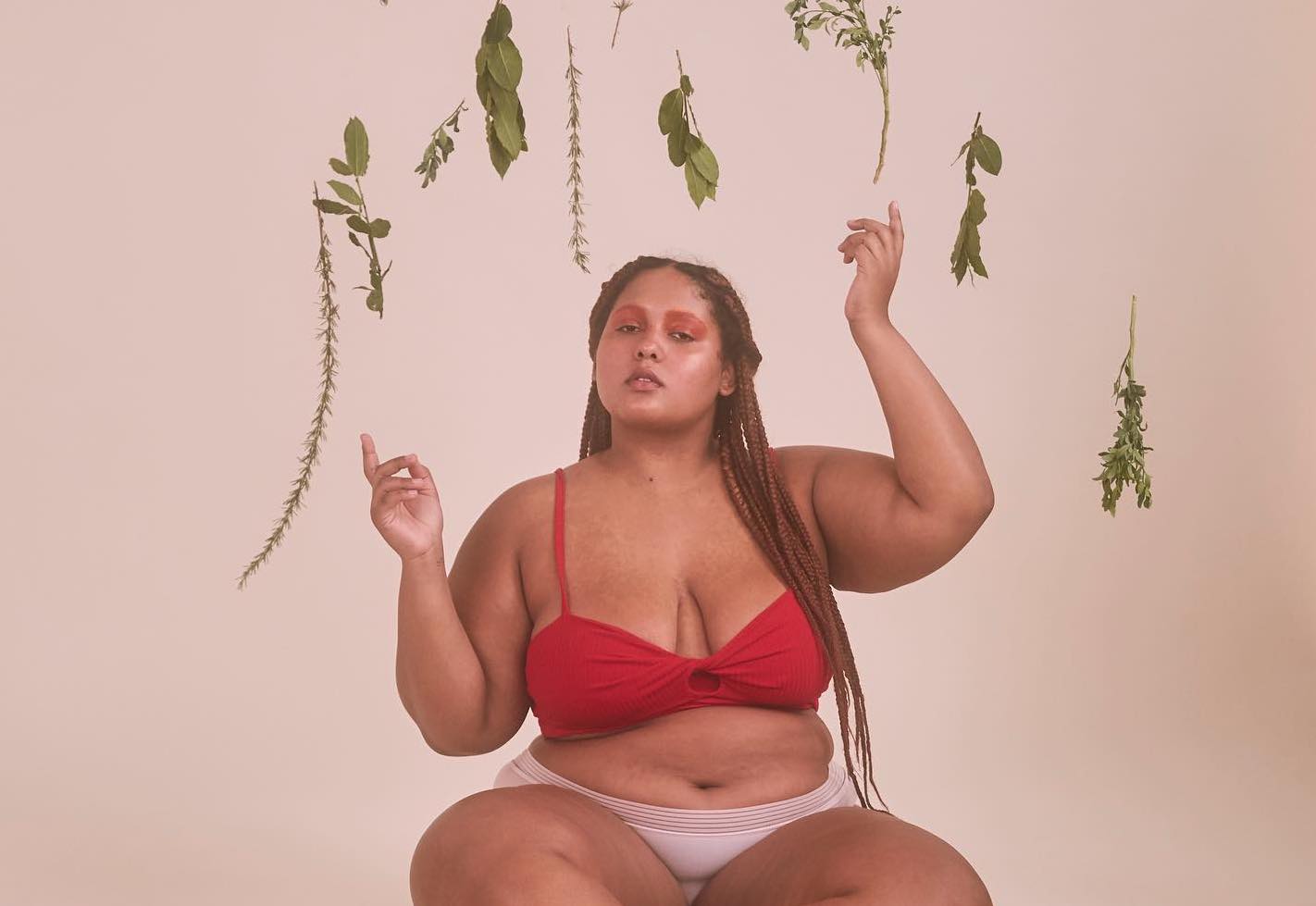
You created a native online business model with a fantastic track record. Do you believe that life after COVID-19 will change the way people interact with brands forever?
E: I do, I think that has already changed a lot. We have definitely seen changes in the past few months of how customers are interacting with brands, how they are buying and engaging, even, on social media.
I think the biggest change that we have seen in Brazil has leaped on a few years in terms of acquiring online customers. In the US, for example, is unbelievable the percentage of purchases that are made online for everything: groceries, anything you can imagine, pharmacies.
I think that in Brazil we have seen a lot of increase in terms of engagement of side purchases. I think that, that is because of the fact that a lot of people thought “Oh, when Pantys opens the store in Belo Horizonte, then I will look at the products and buy”; now, maybe they bought a few things online.
One of the benefits in Brazil for online purchases is that you have a window of 7 days where you can return products and get a reimbursement, which in physical stores isn’t the case. People have had this experience in some ways and now they are seeing the benefits: “Oh, actually, I can just buy Pantys and if I don’t like it I can return it.” That for us has been really interesting to see that change, and that is a change to stay for sure.
Even after things start opening up, people will see that E-commerce is not just about buying and receiving – it is a service too. Here, a lot of people like to go to the mall, and walk around. But now you can do a lot of that digitally as it arrives in your house; it is very easy and convenient. That convenience is something that will keep that change for the long-term.
RELATED ARTICLES: Influencer Marketing and Sustainability – An Interview with Amra & Elma | Injecting Sustainability – The Fundamentals of Start-ups and New Brands | Modern Workforce Expectations and How Socially Aware Businesses Can Win the War for Talent
Our next question is, have you faced challenges being a female entrepreneur? If so, can you share how you overcame them?
E: I think, for any entrepreneur, regardless of being a woman or not, there are a lot of challenges. Being an entrepreneur is very much a lifestyle choice, you are going to work really hard probably for much, much less than you could get working somewhere else.
One of the things that is the most exciting thing about being an entrepreneur is the impact that you can have, you feel like what you’re doing really matters. Your vision of what you can accomplish in the world, or what you think needs to happen, you can make that happen. In terms of being a woman, for sure that have been moments, especially, I am not so young – I am 35.
But when we go to talk to partners, especially at the beginning, when we went to the Correios (Mail Industry in Brazil) to set up our accounts, they said: “Oh, why don’t you just use your husband’s account for the Correios?” I was like, “ I don’t think you understand what we’re really trying to do here” – you know?
We have also had a few interesting conversations with investors, for example: “Oh, you have two female founders.. interesting.” We know that we look different from what these founders are used to investing in, so that doesn’t help. But in these moments, you just need to focus on “who are we going to partner with?” Who are these people? These reactions really tell you about who you’re talking to and who you might work with.
I think we are fortunate, because maybe if we were two male entrepreneurs, we might have taken investment from some firms we weren’t necessarily mentally aligned with. You have to take the good and the bad from both sides, so just keep moving forward and try not to let things shake you up in the process.

Our last question, what advice would you give to women starting their own business?
E: I would say to be very experimental – congratulations too for wanting to start your own business – that is very exciting! But I would say to get data and get information, go step by step. It’s very easy to say “Oh, I have the perfect product, the perfect brand, then I can launch.: Until you have reaction and data from customers, you don’t know what you’re doing, you don’t know if it is going to work.
Try ‘MVP’, the Minimally Viable Product that you can create, and then test to get the feedback that you need – then go to the next step. I think experimenting as an entrepreneur is essential to making the right decisions, try not to make decisions without information and data. You need to know what is working and what is not working.
If it is not working, change very quickly, move away from that. But I would also say: we each have one life and an impact we want to make. Think about how you can tie what you would like to achieve to what change you can make in your world, in your community and in your work. I think that, at least for us, has been our biggest motivator. Through the challenges, through the good days and more difficult days, it is what will keep you honest, humble, and focused.
EDITOR’S NOTE: The opinions expressed here by Impakter.com columnists are their own, not those of Impakter.com. In the cover photo: Pantys Products Photo Credit: Pantys


